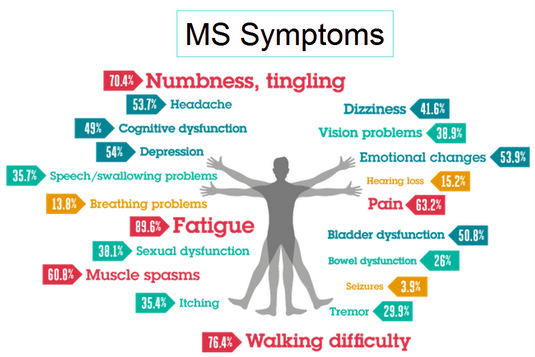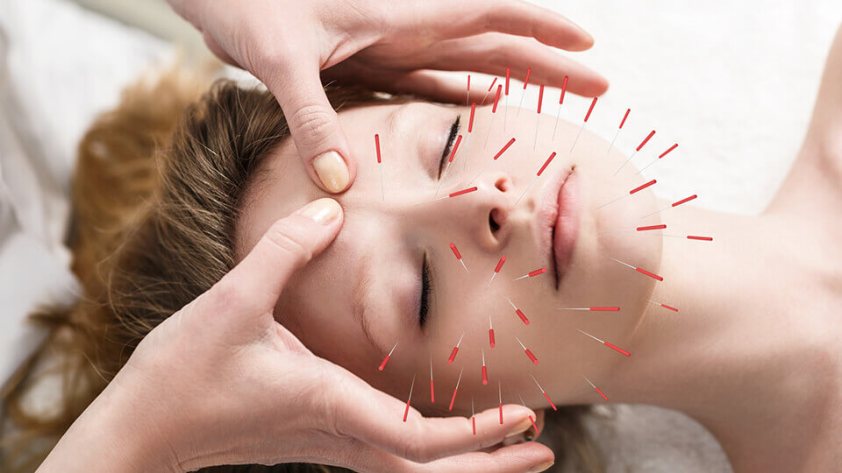Author: Aimee Garcia
Seattle has a relatively new initiative to help people with traumatic brain injury named The Washington Traumatic Brain Injury Strategic Partnership Advisory Council, commonly known as the Tommy Manning Act. It was created through House Bill 2055 by the Washington State Legislature in 2007. It is to “recognize the current programs and services are not funded or designed to address the diverse needs of individuals with traumatic brain injuries.” Its creation is to close the gap in knowledge by collecting the expertise from both the public and private sector. Membership includes twenty two people from both sectors that includes medical professionals, human service providers, family members of individuals, state agency representatives, and many more that can provide useful information to advance their agenda.
The Tommy Manning Act has taken upon itself to work in unison with the Washington State Department of Social and Health Services to address some of their goals. Unfortunately, the Manning Act has not posted their own goals on their website but directs the reader to the DSHS website, where they do not explicitly have goals that directly affect people with brain injuries.
Though the act is still fairly, new it could potentially have the momentum to change the lives and the families of those who have been affected by traumatic brain injuries. Yet, they have not stated their own goals and rely heavily on DSHS without any visible momentum to directly address the concerns of people with brain injuries. Yes, the program are only eleven years old but in those years, there has not been noticeable change for the people most in need.
Sources:
“Traumatic Brain Injury Advisory Council.” Traumatic Brain Injury Advisory Council | DSHS, http://www.dshs.wa.gov/altsa/traumatic-brain-injury/traumatic-brain-injury-advisory-council.
“About Us.” About Us | DSHS, http://www.dshs.wa.gov/altsa/about-us.

